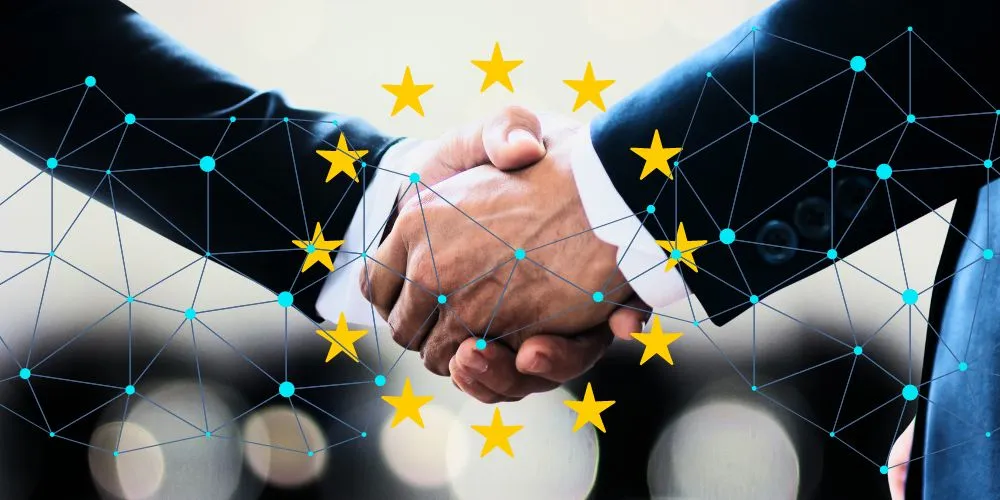Key Points:
- Microsoft’s deal with Mistral AI involves making Mistral’s AI models available on the Azure cloud platform.
- Microsoft invested €15 million in Mistral, with plans for equity conversion in the next funding round.
- EU regulators are scrutinizing the deal amid concerns about competition and regulatory compliance.
- During EU’s AI Act negotiations, Mistral’s lobbying efforts for looser AI regulations have drawn attention.
Microsoft’s recent deal with French tech startup Mistral AI, announced on Monday, is facing scrutiny in the European Union (EU). The agreement entails making Mistral’s AI models accessible through Microsoft’s Azure cloud computing platform, accompanied by a significant investment from Microsoft in Mistral. However, the deal has drawn attention from EU regulators, raising questions about its implications.
According to Microsoft, the company has invested €15 million in Mistral AI, with plans for the investment to convert into equity in Mistral’s next funding round. While Microsoft clarified that it currently holds no equity in Mistral, the substantial investment indicates a deepening partnership between the two entities.
Brussels has expressed concerns over the deal, particularly in light of Mistral’s lobbying efforts during negotiations over the EU’s AI Act. Mistral advocated for more relaxed regulations on certain AI models, arguing that overly strict rules could hamper European companies’ competitiveness against major tech corporations.
The European Commission has stated that it will scrutinize the Microsoft-Mistral deal as part of its ongoing assessment of big tech’s AI partnerships. This scrutiny follows previous warnings from the EU about Microsoft’s collaboration with U.S.-based OpenAI, suggesting that such partnerships could fall under EU merger regulations.
Brando Benefei, a member of the European Parliament involved in drafting the AI Act, emphasized the importance of maintaining robust safety standards for AI models to mitigate systemic risks. He said, “What is emerging shows even more that it was good not to water down our ambition on the safety of GPAI (general purpose AI) models with systemic risks, following legitimate but strong lobbying from companies like Mistral.”
The EU plans to investigate the deal’s implications further, reflecting broader concerns about the influence of major tech companies and the potential impact on competition and regulatory compliance in the AI sector.




